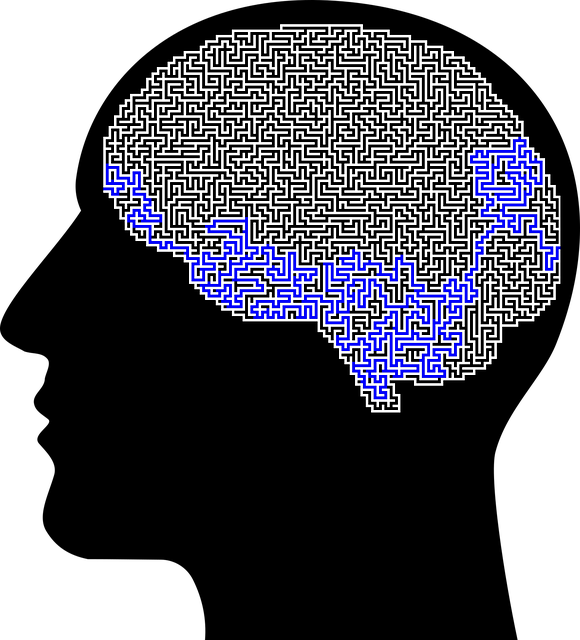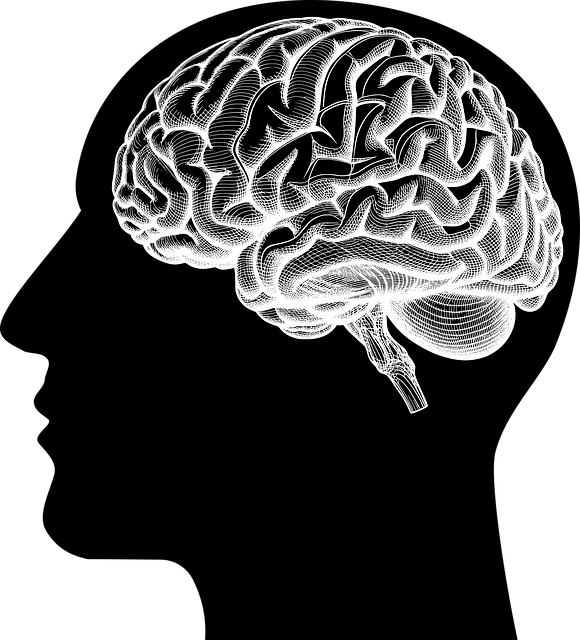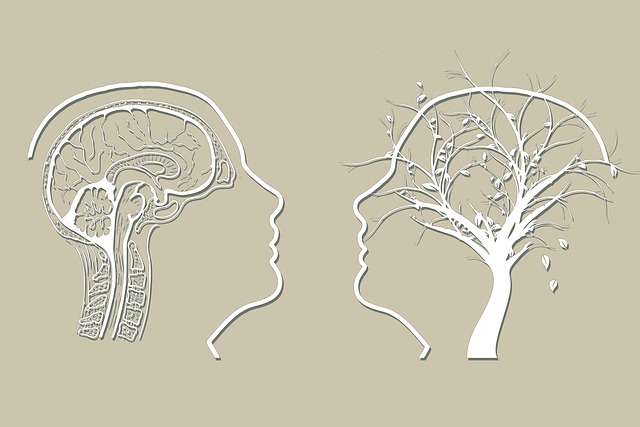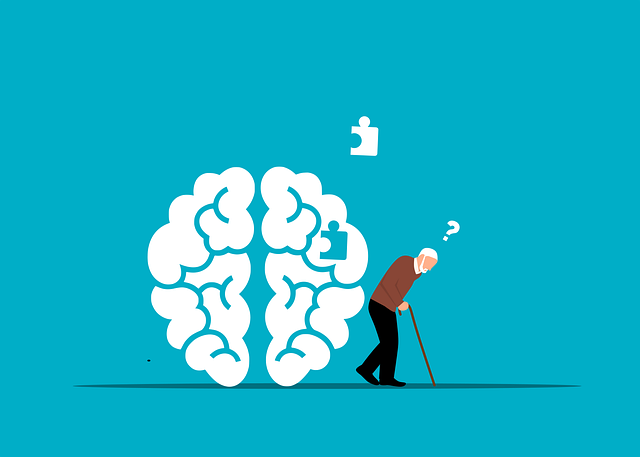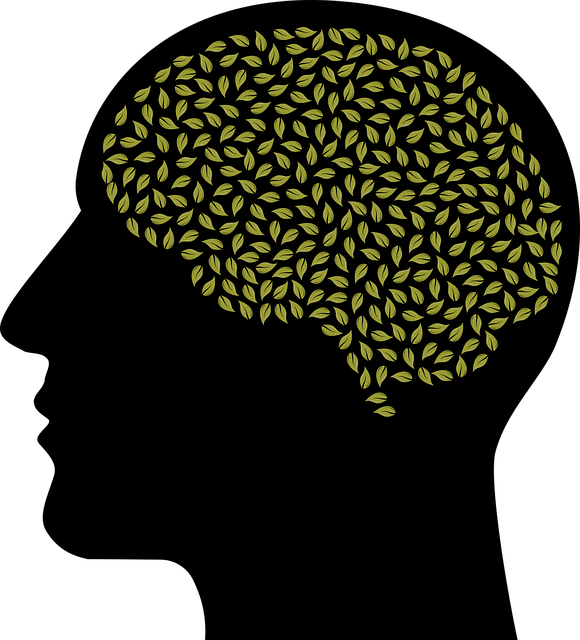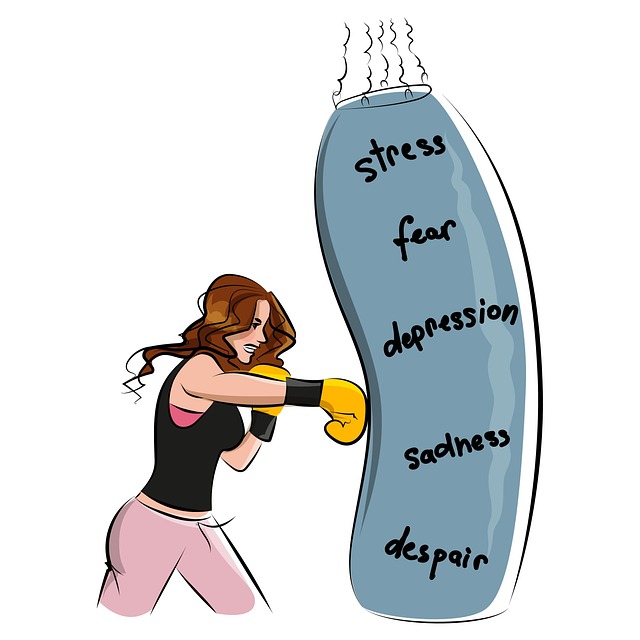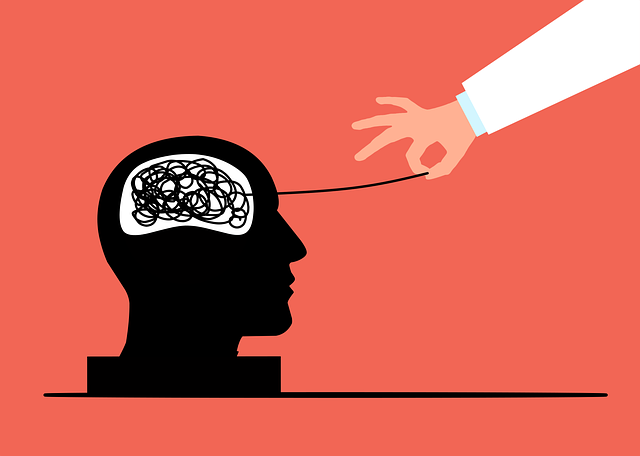Chronic stress, harmful to mental health, exacerbates conditions like Bipolar Disorder and leads to burnout. Lone Tree offers specialized therapy programs focusing on tailored stress management strategies. Lifestyle changes, including physical activity, balanced diet, structured routines, and mood tracking, are crucial for bipolar disorder management. Techniques such as CBT and mental wellness coaching, integrated with professional support like Lone Tree Bipolar Disorder Therapy, improve self-care practices and overall mental wellness. Mindfulness techniques, deep breathing exercises, and robust social support systems enhance well-being and foster resilience in navigating life's stressors.
Stress reduction is a vital aspect of maintaining mental well-being, especially for those managing conditions like bipolar disorder. This article explores comprehensive strategies to alleviate stress and enhance quality of life. We delve into understanding the profound impact of stress on mental health, highlighting its effect on bipolar individuals. Lifestyle adjustments, therapeutic interventions, and the power of support systems are dissected, offering practical insights for effective stress management. Discover how mindfulness techniques, tailored for Lone Tree Bipolar Disorder Therapy, can provide a peaceful sanctuary amidst life’s storms.
- Understanding Stress and Its Impact on Mental Health
- Lifestyle Changes for Effective Stress Reduction
- Therapeutic Approaches for Managing Stress in Bipolar Disorder
- The Role of Support Systems and Mindfulness Techniques
Understanding Stress and Its Impact on Mental Health

Stress is a natural response to various life challenges and demands, but chronic or prolonged stress can have significant impacts on mental health. It’s important to understand that stress isn’t always negative; acute stress triggers our fight-or-flight response, helping us react quickly to dangers. However, when stress becomes persistent, it can lead to burnout, affecting not just our physical well-being but also exacerbating conditions like Bipolar Disorder. Lone Tree offers specialized therapy programs tailored for mental health concerns, including strategies for managing and reducing stress.
For healthcare providers, who often face high-pressure situations and long working hours, burnout prevention strategies are essential. Incorporating conflict resolution techniques and mindfulness practices can help manage stress levels. These methods not only benefit individual well-being but also enhance job satisfaction and performance. Additionally, learning effective anxiety relief techniques is crucial to maintaining a healthy work-life balance, especially in professions where high-stress levels are common.
Lifestyle Changes for Effective Stress Reduction

Lifestyle changes play a pivotal role in effective stress reduction, especially for individuals managing conditions like bipolar disorder. Incorporating regular physical activity, a balanced diet, and adequate sleep can significantly mitigate stress levels. Exercise, in particular, releases endorphins that promote relaxation and improve mood, serving as a powerful tool against anxiety. A healthy diet supports overall mental wellness; foods rich in omega-3 fatty acids and vitamins B and D are known to enhance brain function and reduce inflammation.
Additionally, structured routines can alleviate stress by providing a sense of control. Maintaining a Mental Wellness Journal offers valuable insights into triggers and coping mechanisms. This practice allows individuals to track their moods, identify patterns, and develop personalized strategies for managing stress effectively. For those grappling with bipolar disorder, combining these lifestyle adjustments with professional support, such as Lone Tree Bipolar Disorder Therapy, can lead to substantial improvements in mental health and quality of life.
Therapeutic Approaches for Managing Stress in Bipolar Disorder

Stress reduction is a vital component in managing Bipolar Disorder, a condition characterized by extreme mood swings. Therapeutic approaches play a crucial role in helping individuals with this disorder navigate their emotional landscapes and foster mental wellness. One effective method is cognitive-behavioral therapy (CBT), which focuses on identifying and changing negative thought patterns and behaviors contributing to stress. CBT equips those with Bipolar Disorder with coping strategies to manage symptoms during stressful periods, enhancing their ability to regulate moods.
In addition to CBT, Mental Wellness Coaching Programs have gained popularity as a supportive tool. These programs offer personalized guidance to help individuals develop resilience, set achievable goals, and maintain a balanced lifestyle. By combining therapy with coaching, patients can improve self-care practices, enhance overall mental wellness, and reduce the impact of stress. Moreover, Healthcare Provider Cultural Competency Training and Mental Illness Stigma Reduction Efforts contribute significantly to creating an understanding and supportive environment for individuals with Bipolar Disorder, encouraging them to seek help and engage in therapeutic interventions effectively.
The Role of Support Systems and Mindfulness Techniques

Stress reduction methods often involve building strong support systems and adopting mindfulness techniques. For individuals dealing with mental health challenges like bipolar disorder, a robust support network can be a game-changer. Connecting with understanding friends, family, or support groups provides a sense of belonging and shared experiences, reducing feelings of isolation that can exacerbate stress. This social safety net offers emotional reinforcement, encourages positive thinking, and promotes the practice of mindfulness—a powerful tool for managing stress and mood fluctuations.
Mindfulness techniques, such as meditation and deep breathing exercises, are centered around the mind-body connection. They teach individuals to stay present, observe their thoughts without judgment, and cultivate awareness of bodily sensations. For those with bipolar disorder, these practices can help in regulating emotions, disrupting negative thought patterns, and fostering mental resilience. By integrating mindfulness into daily routines, individuals gain a sense of control over their stress response, enhancing their overall well-being—a key aspect of Lone Tree Bipolar Disorder Therapy, which focuses on holistic treatment approaches that address both the mind and body. Additionally, these techniques can be easily incorporated into one’s lifestyle, encouraging positive thinking and the application of Mind Over Matter principles to navigate life’s stressors more effectively.
Stress reduction is a vital component in managing mental health, especially for individuals with bipolar disorder. By understanding the impact of stress and adopting therapeutic approaches like mindfulness techniques and support systems, one can significantly enhance their well-being. Lifestyle changes play a crucial role in this process, offering simple yet effective ways to navigate and reduce stress levels. For those dealing with bipolar disorder, Lone Tree Bipolar Disorder Therapy provides specialized support, combining various methods to create a holistic treatment plan tailored to individual needs. Embracing these strategies enables individuals to take control of their mental health journey and cultivate resilience.

